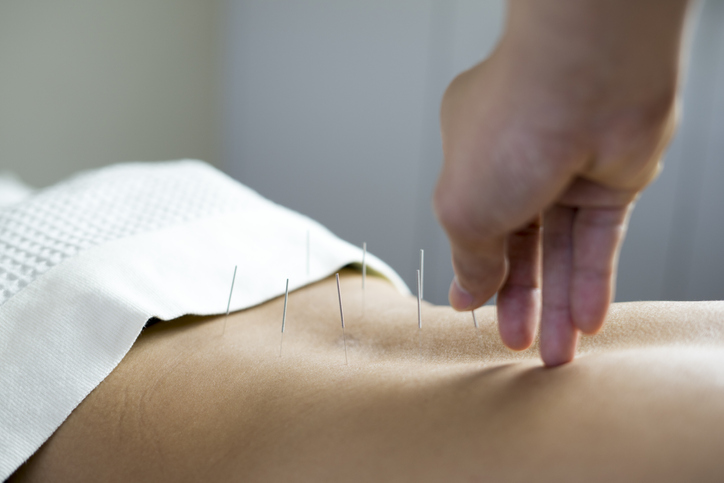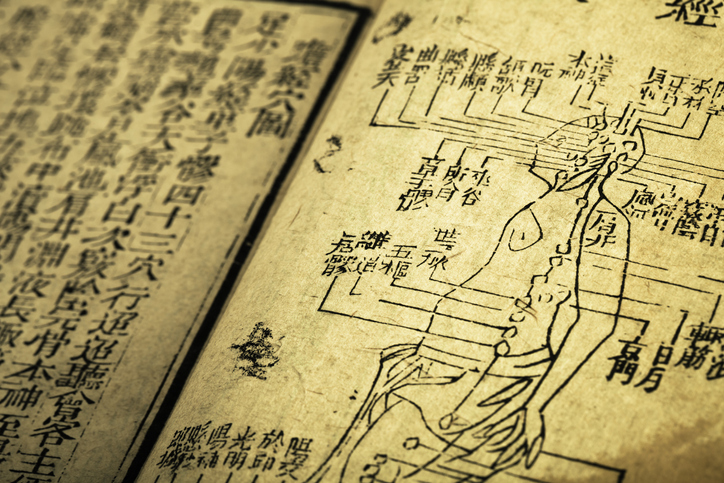Treatments
Acupuncture Treatment For Lower Back Pain

What is acupuncture?
Acupuncture is an ancient medical practice developed in China; it was introduced to the Western world in the early 1970s. The treatment is most commonly used to reduce pain and stress levels. The technique is performed by an experienced and licensed professional and involves the insertion of fine, thin needles into the skin at specific points of the body. In traditional Chinese medicine, it is described as a method to balance the flow of energy (chi or qi) via pathways through the body. In the Western world, it is considered an alternative treatment. Acupuncture practitioners believe that the strategic placement of the needles stimulates muscles, nerves and connective tissues. Many alternative medical professionals believe this stimulation increases natural pain-fighting chemicals and boosts blood flow in the body.
Lower back pain
The lower back, or lumbar spine, is composed of bones, joints, ligaments, nerves and muscles that work together to support the weight of the upper body. The lower back region provides support for the spinal column and allows the body to bend, twist, and rotate the hips. Nerves in the lower back also connect to the pelvis, legs and feet.
Unfortunately, the lower back is susceptible to pain and injury. An estimated 80% of Americans will experience lower back pain at some point in their lives. It is the most common cause of job-related disability claims and one of the most common reasons for doctor visits.
Acupuncture as a treatment option for lower back pain
Acupuncture has helped many people reduce low back pain, especially nerve-related pain or muscle spasms. Several theories are suggested on exactly how acupuncture helps with back pain. They include, but are not limited to, the following:
- Acupuncture can stimulate the nervous system, which releases certain chemicals into the brain, spinal cord, and muscles. These chemicals can alter pain perception and promote general well-being.
- Acupuncture can increase the flow of endorphins, which are the body’s natural painkillers. It is believed to also aid in the release of immune system cells into the body.
- The brain has endogenous opioids, which are organic pain relievers produced by the body. Acupuncture can trigger the release of these opioids, which reduce pain and promote sleep.
- Acupuncture changes the release of neurotransmitters and neurohormones by altering brain chemistry. Neurotransmitters can calm nerve impulses, while neurohormones can affect how a bodily organ functions.
When to use caution
As with any treatment, consult a health care professional prior to beginning acupuncture for pain relief. There are situations in which it can exacerbate an underlying condition. Acupuncture needles may cause bleeding or severe bruising, especially if a bleeding disorder is present or an individual is on blood thinners. Acupuncture can involve applying electrical pulses to the needle, which can interfere with how a pacemaker works. If pregnant, it could stimulate labor and increase the possibility of a premature birth.
Risk and side effects
There are no significant side effects associated with acupuncture performed by a trained acupuncturist. Muscle soreness and bleeding may occur. Although rare, serious side effects may include infection, fainting, or a punctured organ. Individuals should ensure that new, clean acupuncture needles are used with each treatment.


















